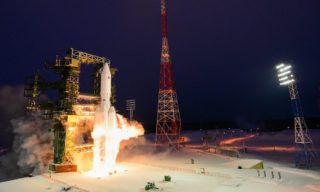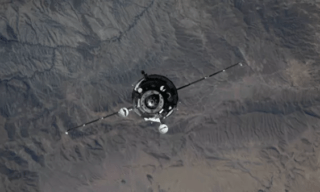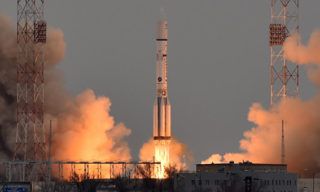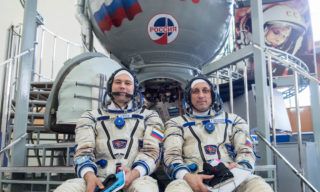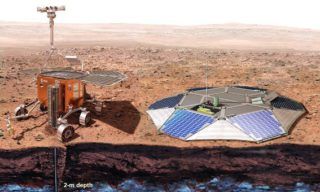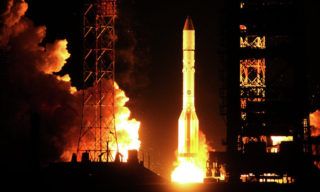According to Interfax the “crew” of science spacecraft “Bion-M” was partially changed one day before launch due to the death of one mouse, the source at Baikonur launch site informs.
“A group of selected mice was changed due to the death of one animal”, – was reported on Thursday. The reason of death was a conflict in the “mice crew” of biosatellite.
“The group to fly in space consists of males exposed to stress and aggression. For some reason a conflict occurred that resulted in death of one animal. It led to the full change of one of mice groups “, – the source iforms.
The launch is scheduled for 14:00 Moscow time, Friday.





